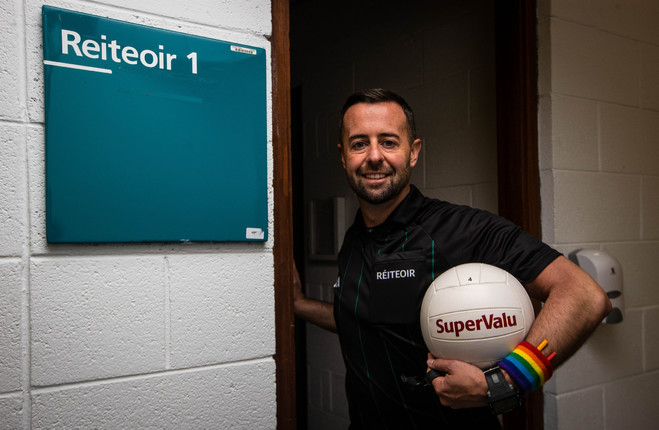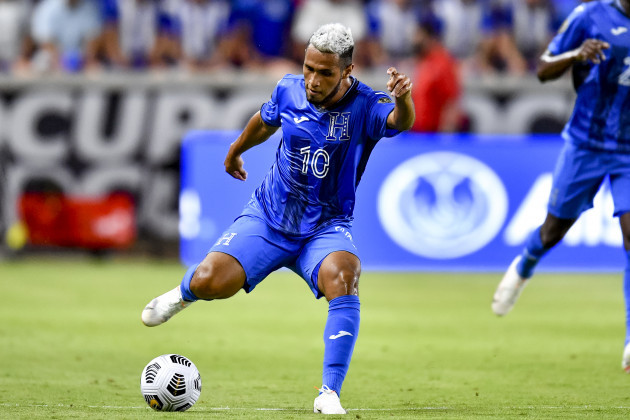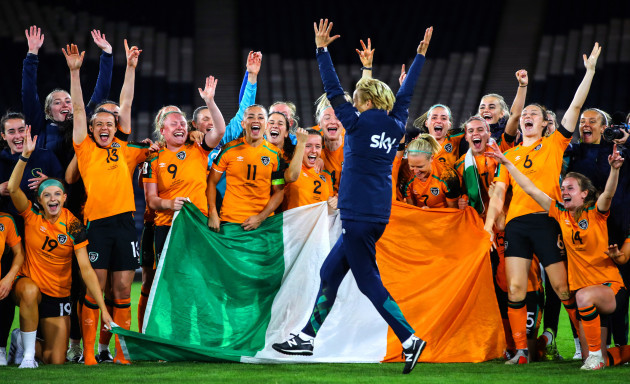1. David: This is tough. I’ve never told anyone this…
Me: Will we stop?
David: No. No. Keep going, I want to tell you this. I was terrified. It was scary. I went inside and bought the newspaper. I hid it in a button folder in my bag. I had never bought a paper before. I went home as fast as I could, went up to my bedroom, locked the door, sat on the bed, took the paper out and read it and read it again and then again. I couldn’t believe there was someone else who felt like me.
Me: This was the moment you confronted the fact you were gay?
David: No. No. No. The fact that this superstar known all over the world had come out rocked me. But it was another 10 years before I got to that point.
Instead, he hid himself in plain sight. He says, voice heavy with emotion: “So long as I never uttered the words ‘I am gay’, then it wasn’t real. I decided I would never breathe life to the fire that was inside me. That way, no one would ever know.”
GAA referee David Gough talks to Joe Brolly of the Sunday Independent about his journey to accepting his sexualuty.
2. He was the next big thing. To fans, he was best known by his nickname: the “Honduran Maradona”.
With his online profile buffed and polished, we sought a bigger prize: his name in print. Our plan was to convince the British press that Wigan Athletic, the Premier League club that had brought three Honduran players to England in the previous few seasons, was on the verge of signing López for £2.5m. We spent a day ringing the local papers, then the regionals, then the nationals. At various points I pretended to be a club physio, a friend of the physio, an agent, and a local freelance journalist.
By the evening, an editor, who believed he was talking to a journalist, was on the phone. And so, on 28 July 2012, in the back pages of the Olympics Opening Ceremony souvenir edition of the Times, you can find the following fateful words: “Wigan Athletic have agreed a £2.5 million deal for Alexander López, the Honduras playmaker, from Olympia.” The story was even picked up in Honduras by the local tabloid Diario Diez. We laughed; we loved it. We’d done it again.
In The Guardian, Kieran Morris hilariously recounts the time he and a friend pulled pranks to embellish the career of emerging soccer player, and what became of him later.
3. For Blackrock members of a certain vintage, even mentioning the enemy was a loathsome chore. Eyes narrowed and faces contorted as the words were discharged through gritted teeth. Monikers such as ‘that shower’ were often used as alternatives, but regardless of the terminology, their existence was only ever acknowledged with utter contempt. The strength of feeling towards the Barrs was such that, for all we knew as impressionable colts, they could have been guilty of all manner of nefarious acts.
Once it had been established that this wasn’t actually an international arms dealer moonlighting as a suburban GAA club, we learned that their only crime was to have threatened Blackrock’s place atop the Cork Senior Hurling Championship roll of honour. The current tally of 33 titles would be considerably greater were it not for St Finbarr’s, the 25-time county champions.
Ahead of the Cork SHC final, Paul Dollery writes about the long rivalry between the Blackrock and St Finbarr’s clubs in the Irish Examiner.
4. Everyone from Donegal knows someone like Amber Barrett. While those of us from the west of the county tend to be windswept types, staring wistfully out to sea like we live in a Clannad video, the people from the north-east, like Amber, are different.
They are infused by proximity to the border with something of that Derry mouthiness, the uncomplicated spirit of Letterkenny’s townie bustle and the fizzy cross-cultural cocktail of plantation towns. They speak fast and swagger. Aye, rightly, hai, they say. Cocky but self-aware. “If she [Pauw] wants to win the World Cup she better put me on the plane!”
You knew Amber as soon as she opened her mouth.
Something about that recognition tied it all up, the tragedy and the triumph. Just as you knew the girl, so too you knew the village, the archetypal Irish place picked out by cruel fate. In her tributes to the lives lost last Friday, Amber Barrett was laying that transcendent moment of hard-earned joy at the black altar of pointless horror. They are at opposite ends of the human experience but both these things are matters of the heart.
In the Irish Examiner, Tommy Martin beautifully captures the significance of the Republic of Ireland women’s team qualifying for the World Cup.
The42 is on Instagram! Tap the button below on your phone to follow us!



